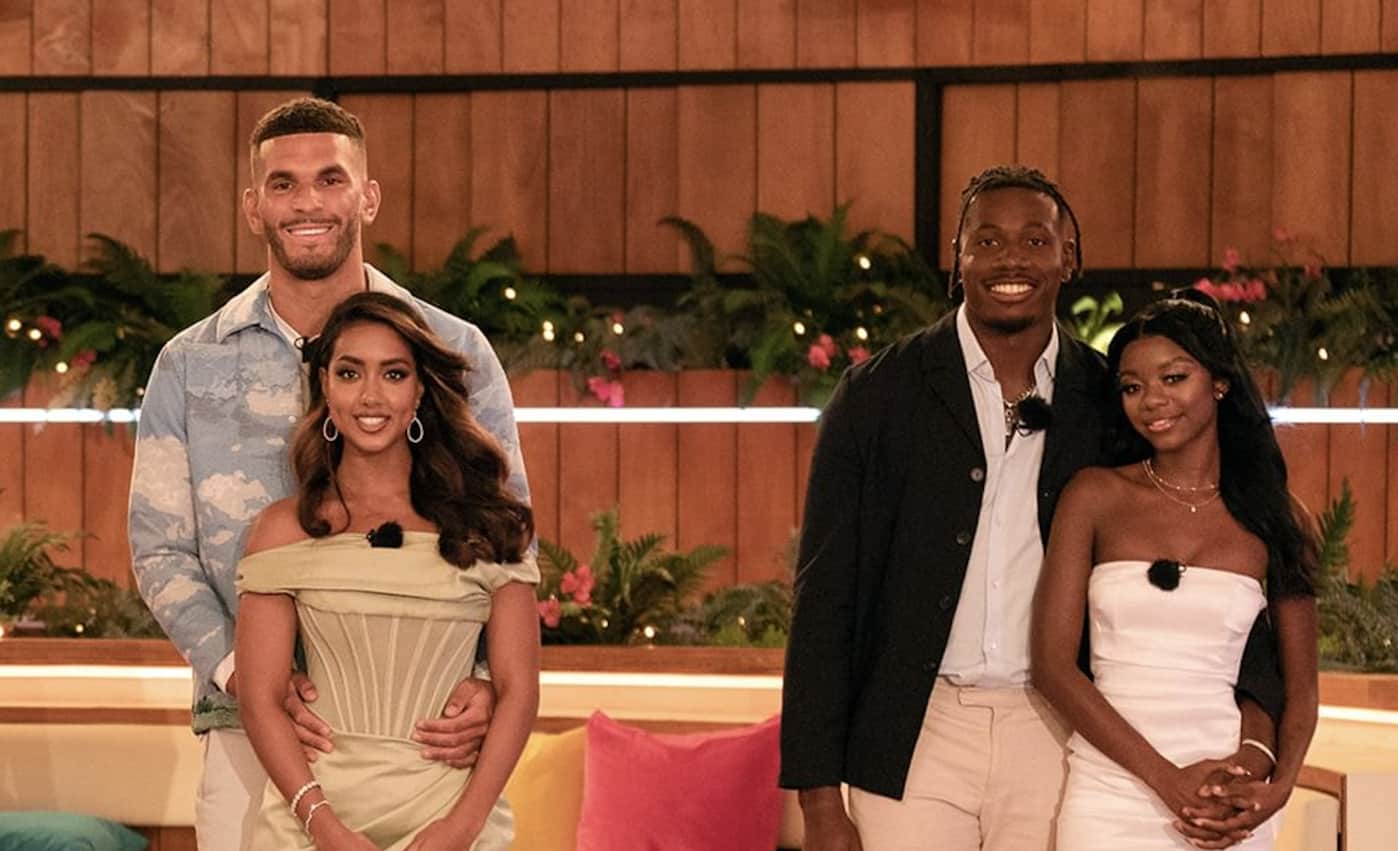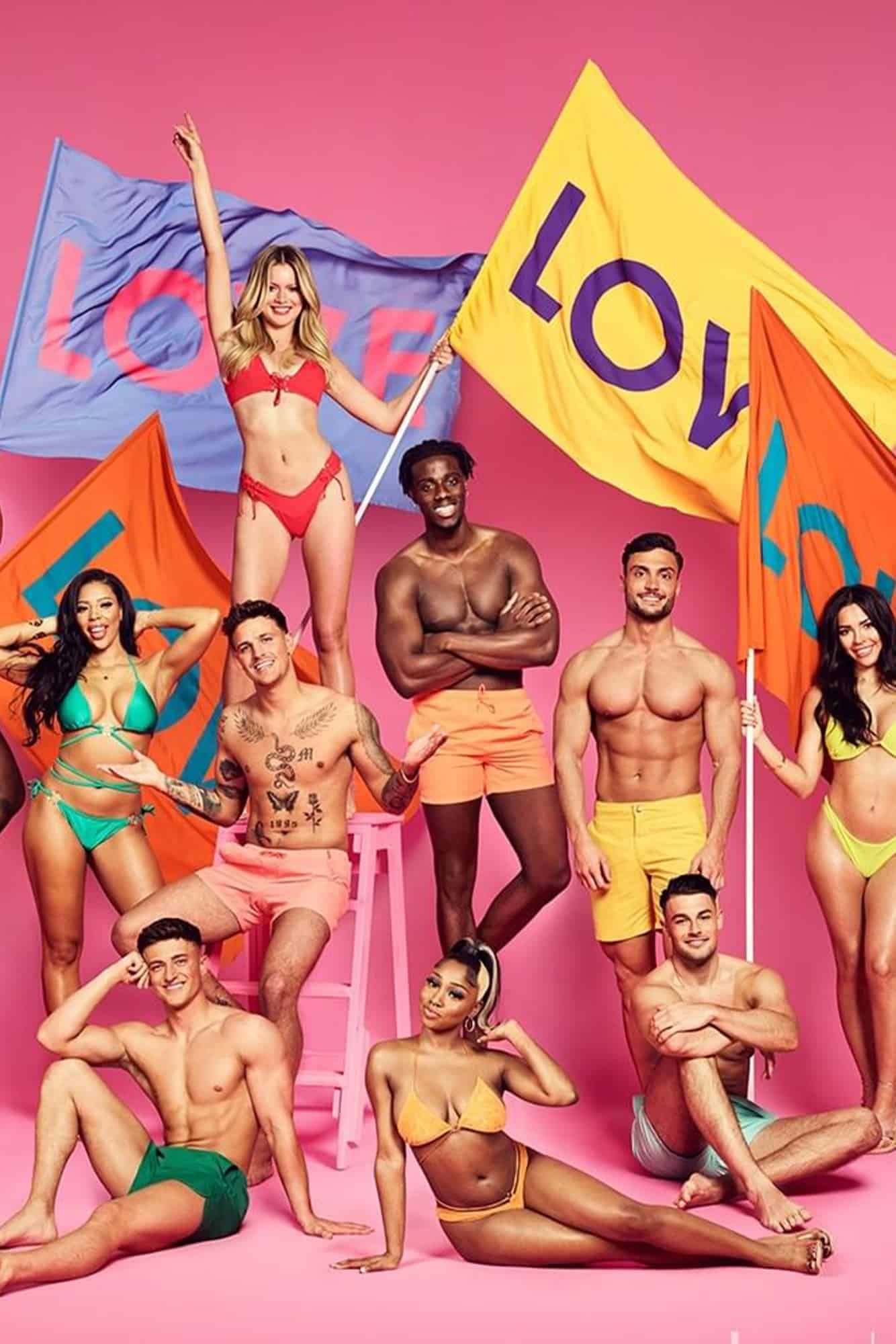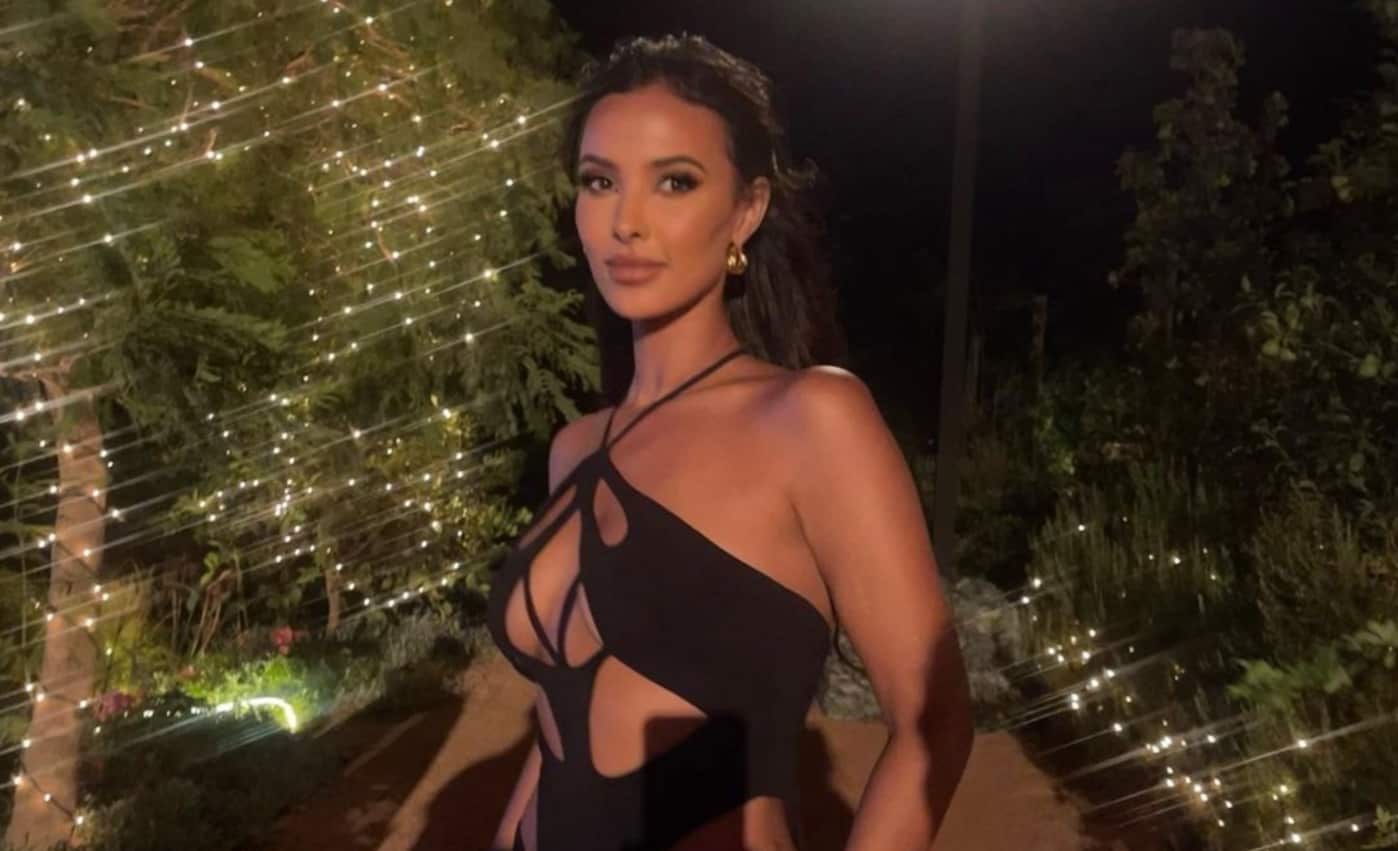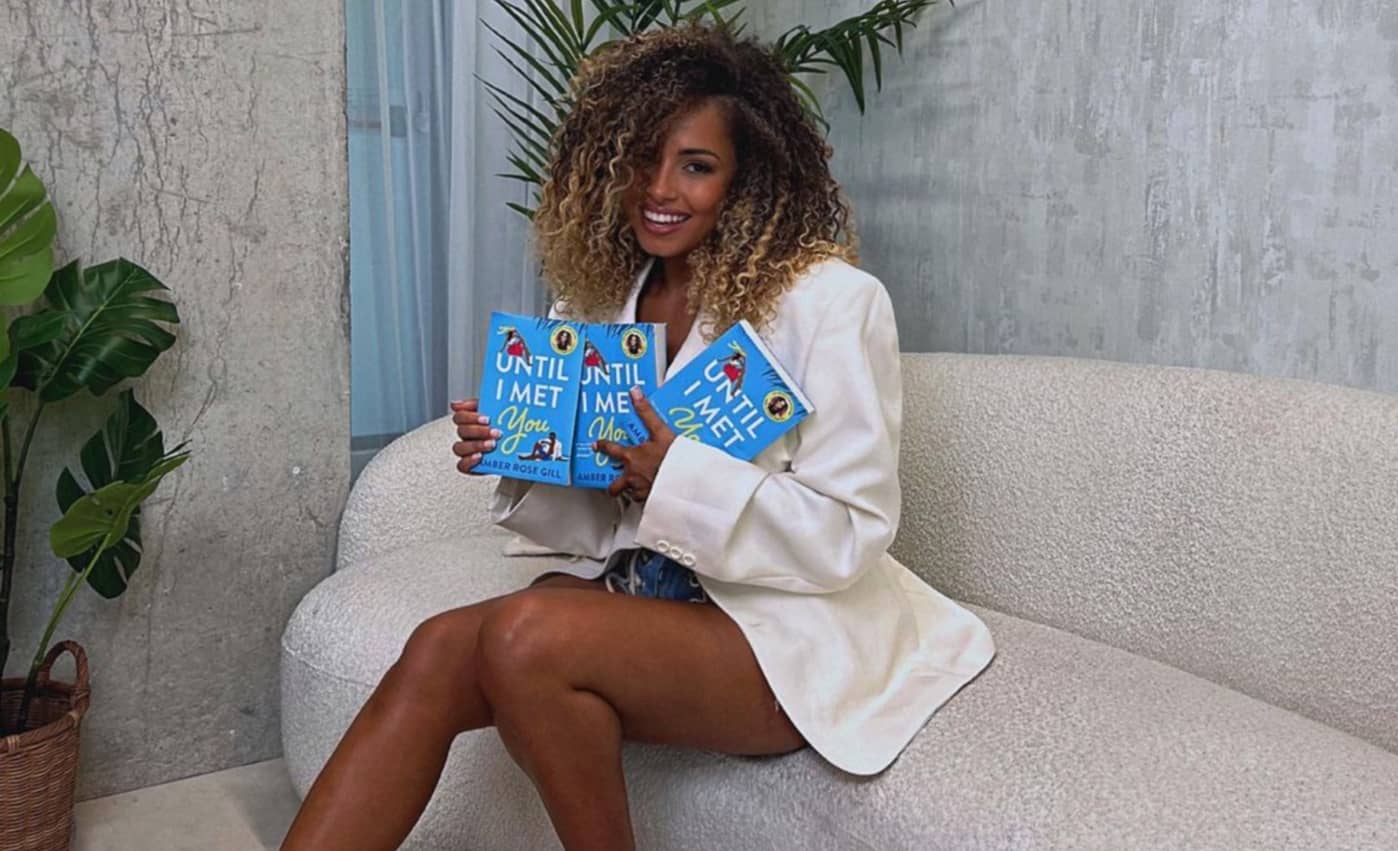While the newly announced Love Island contestants might seem like a copy and paste of previous seasons’ participants, other reality dating shows are finally starting to show a more diverse group of contestants.
The new BBC series I Kissed A Boy is the UK’s first gay dating show and starts with ten single men who are coupled up and share a kiss before they’re allowed to utter a word to each other. New contestants and twists are then incorporated throughout the eight-episode series. The show has seemingly been received very well by viewers.
Body diversity has long been a complaint against Love Island, where the vast majority of the contestants fall well within the societal “ideal body type”. While I Kissed A Boy certainly features six-packs, perfect teeth and chiselled cheekbones, different body types are represented to a larger degree than in most heteronormative shows.
Focus on contestants’ wellbeing
Reality contestants’ welfare has been a much-discussed topic after former Love Islanders Mike Thalassitis and Sophie Gradon and presenter Caroline Flack took their own lives. The Love Island production has made efforts to improve the wellbeing of their contestants in later seasons, for instance by introducing more post-show therapy sessions, training on inclusive language and social media regulations.
According to Gareth Valentino, one of the contestants on I Kissed A Boy, the BBC production might have already nailed this – he told The Guardian: “The welfare was really good. If we needed a break, we could always have a chat away from the camera.” Fellow contestant Ross Bester also thanked the “amazing chaperones for calming [him] down” before entering the show, while Mikey Connor expressed his gratitude to BBC Three and the production team for allowing him to share his story about being diagnosed with cancer at 27-years-old.
A BBC survey – of 501 gay men over the age of 16 – showed 53% had experienced discrimination while engaging in public displays of affection and 38% had experienced discrimination while kissing a partner. I Kissed A Boy contestant Subomi Onanuga also told the BBC about his experiences with harassment and anxiety around public affection. Reality TV representation may seem superficial to some, but LGBTQ+ inclusion is an important step in breaking down stigmas and bringing queer stories to mainstream culture.
Thankfully, it seems the long overdue inclusion of LGBTQ+ stories in reality TV is here to stay. Paramount+’s pansexual dating show Love Allways starts on 2 June and Netflix recently launched the first episodes of its new show The Ultimatum: Queer Love, where female and non-binary couples put their relationships to the test by dating other people. While Netflix has featured LGBTQ+ contestants in previous shows, this production is its first to focus solely on queer contestants – but it will undoubtedly not be the last.
By Dina Zubi, CORQ news and features writer. Picture credit: BBC









